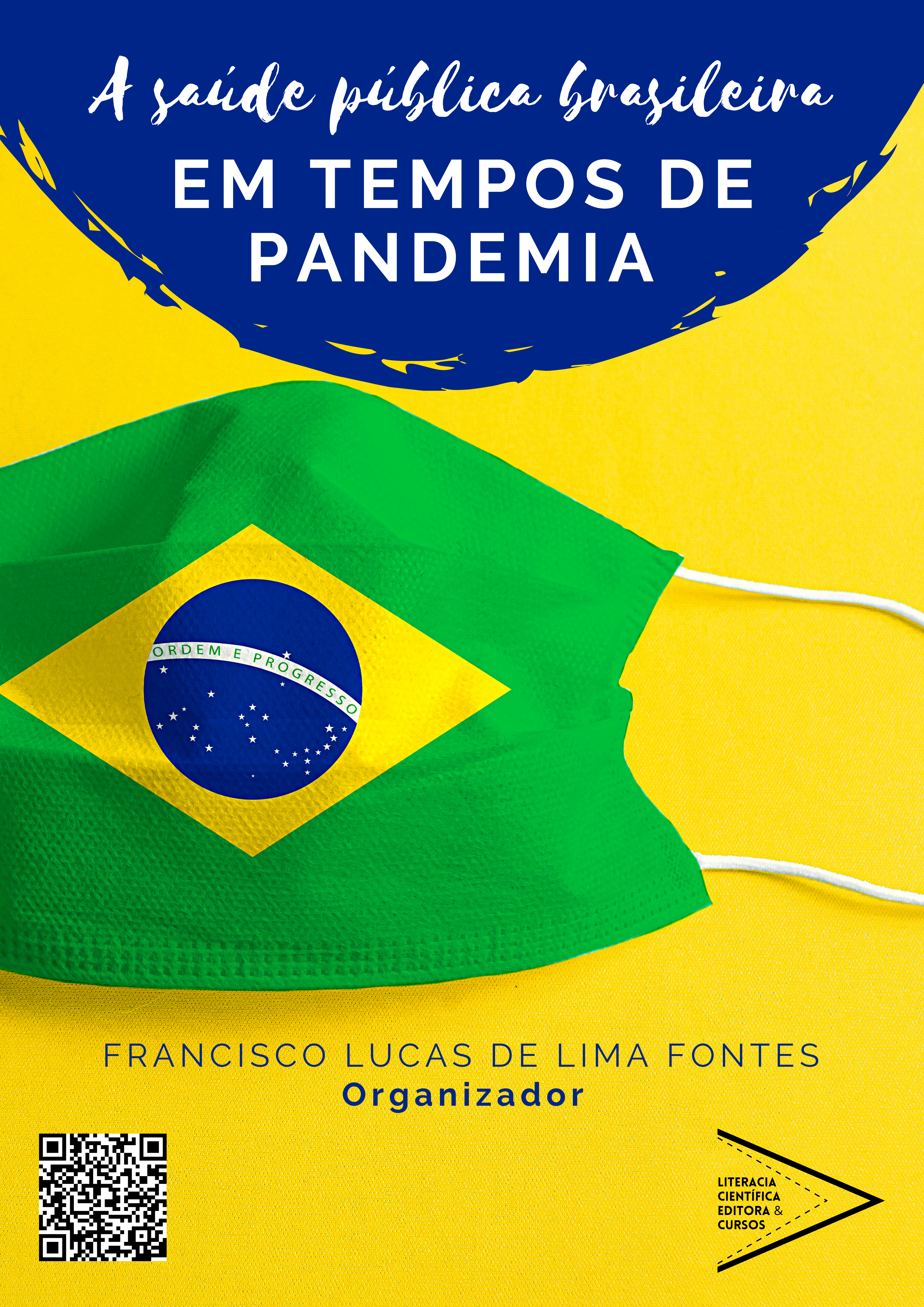
DOI: 10.53524/lit.edt.978-65-995572-0-0/01
PALAVRAS CHAVE: Pandemia da COVID-19. Federalismo. Política de Saúde.
KEYWORDS: COVID-19 Pandemics. Federalism. Health Policy.
ABSTRACT: OBJECTIVE: To analyze federalism and the COVID-19 pandemic in Brazil, based on the role of governors and mayors of capitals, in confronting the health crisis. METHODS: Exploratory study with a qualitative approach. The qualitative technique used in the study concerns document research, explored through discourse analysis. RESULTS AND DISCUSSION: Since the 1988 Constitution, the Federal Government has always been a protagonist in the coordination of public policies. The COVID-19 pandemic has shown, however, that the design of federalism in Brazil allows governors and mayors to assume a leadership and coordination role. In the case of coordination and cooperation between governors and mayors of capitals to fight the pandemic, a significant part of city halls sought to articulate with state governments, seeking to implement joint and coordinated policies. FINAL CONSIDERATIONS: The design of federalism in Brazil allowed states and municipalities to take measures to fight the pandemic in place of the absence of the federal government. However, a federal government coordination could present parameters to be followed, according to the indicators recommended by the health authorities.
Francisco Lucas de Lima Fontes
Leopoldina Lavor
Monique Menezes
Desenvolvido por Alexsander Arcelino